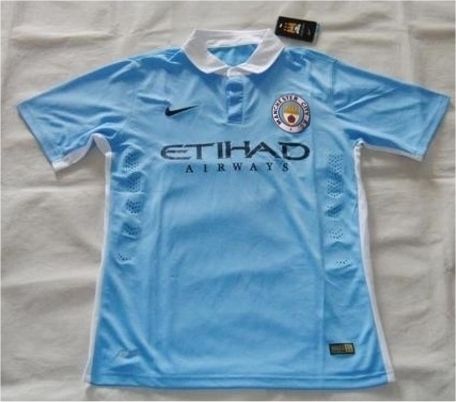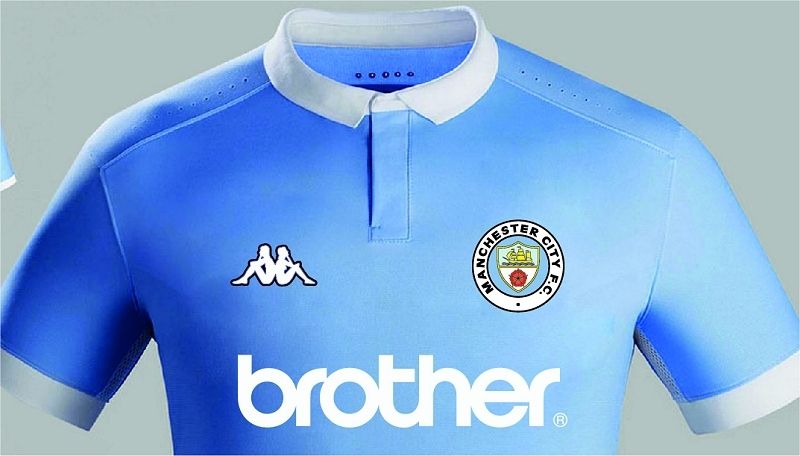The Silver Surfer
Well-Known Member
- Joined
- 1 Jul 2009
- Messages
- 4,329
1. The metallic Silver ish round one Gav did
2. The metallic maroon/gold one Gav did
3. The one on the glass door City? Have done.
4. Wildcard* the one with the sailing boat coming forward whoever did - I actually really really like it even though as someone put it, looks a bit like Cincinnati City lol
2. The metallic maroon/gold one Gav did
3. The one on the glass door City? Have done.
4. Wildcard* the one with the sailing boat coming forward whoever did - I actually really really like it even though as someone put it, looks a bit like Cincinnati City lol






